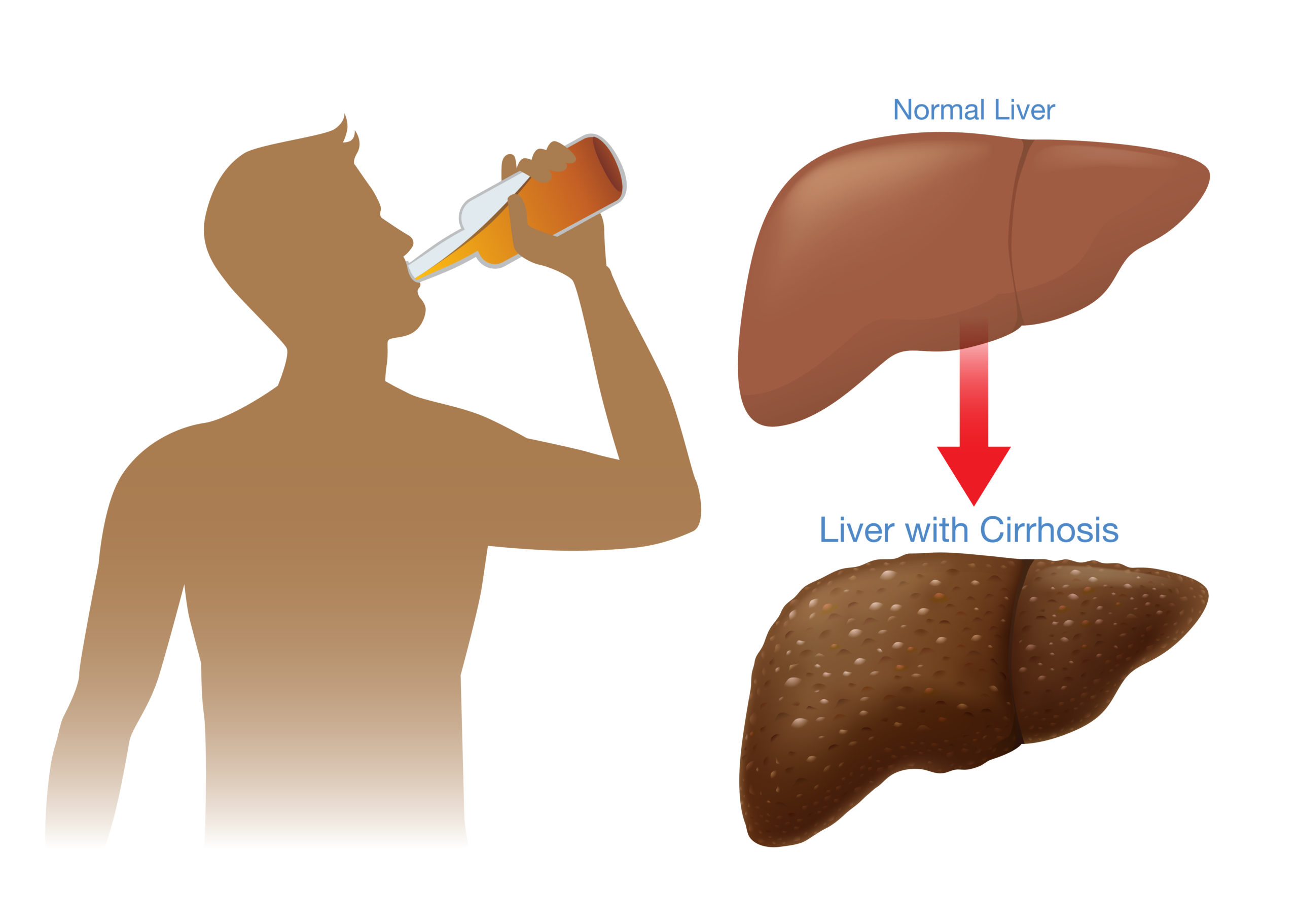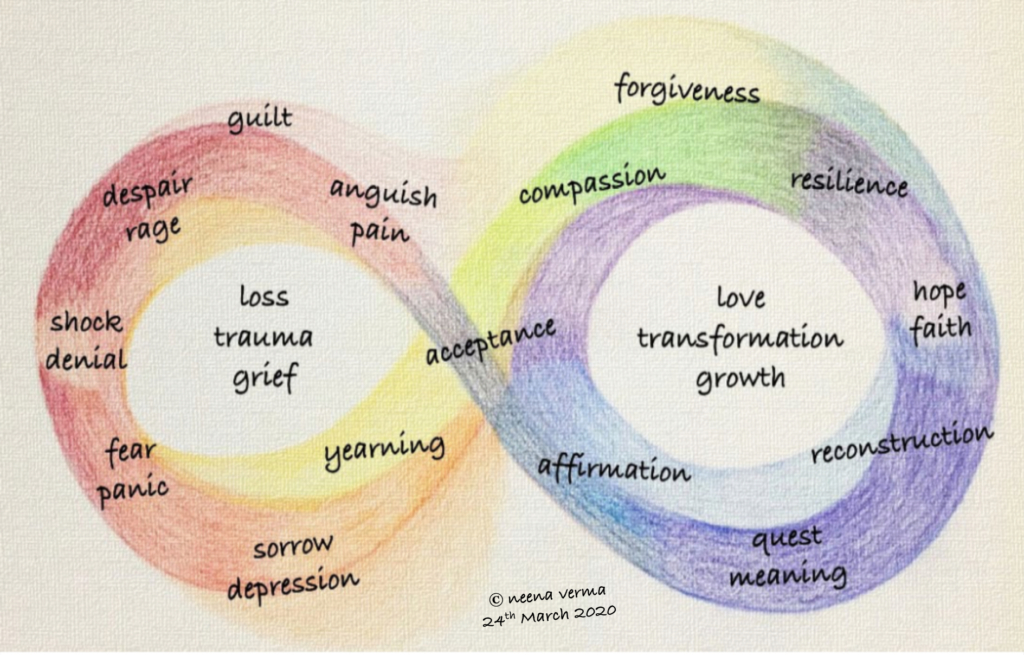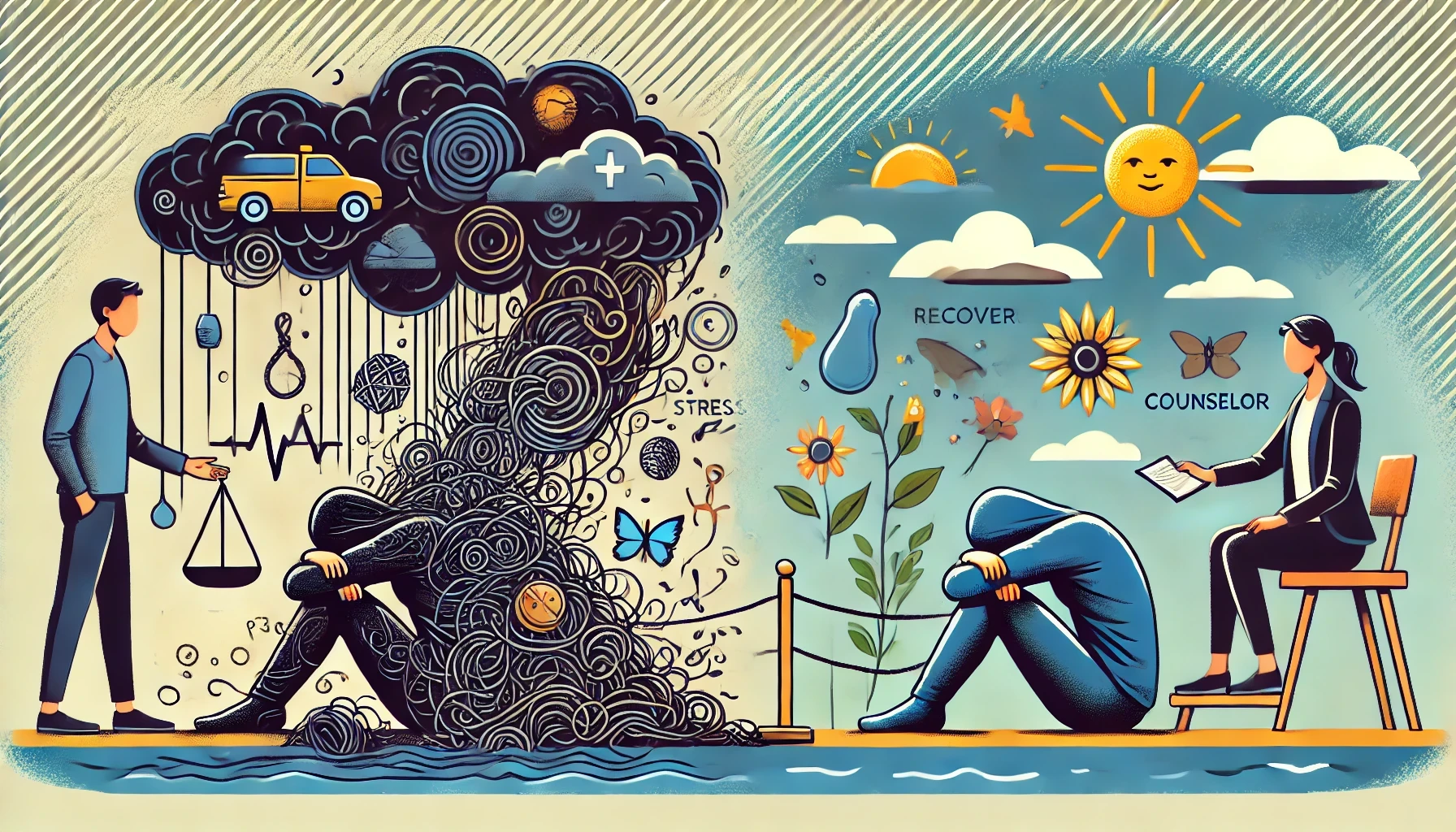Why Melatonin Habit-Forming
Melatonin helps people fall asleep by imitating the body’s natural sleep hormone, but when used regularly over long periods, it can lead to psychological dependence and interfere with the brain’s own sleep–wake cycle. Reducing reliance on melatonin works best when supported by several layers of care. Building healthy sleep habits—such as consistent bedtimes, limiting screens … Read more









